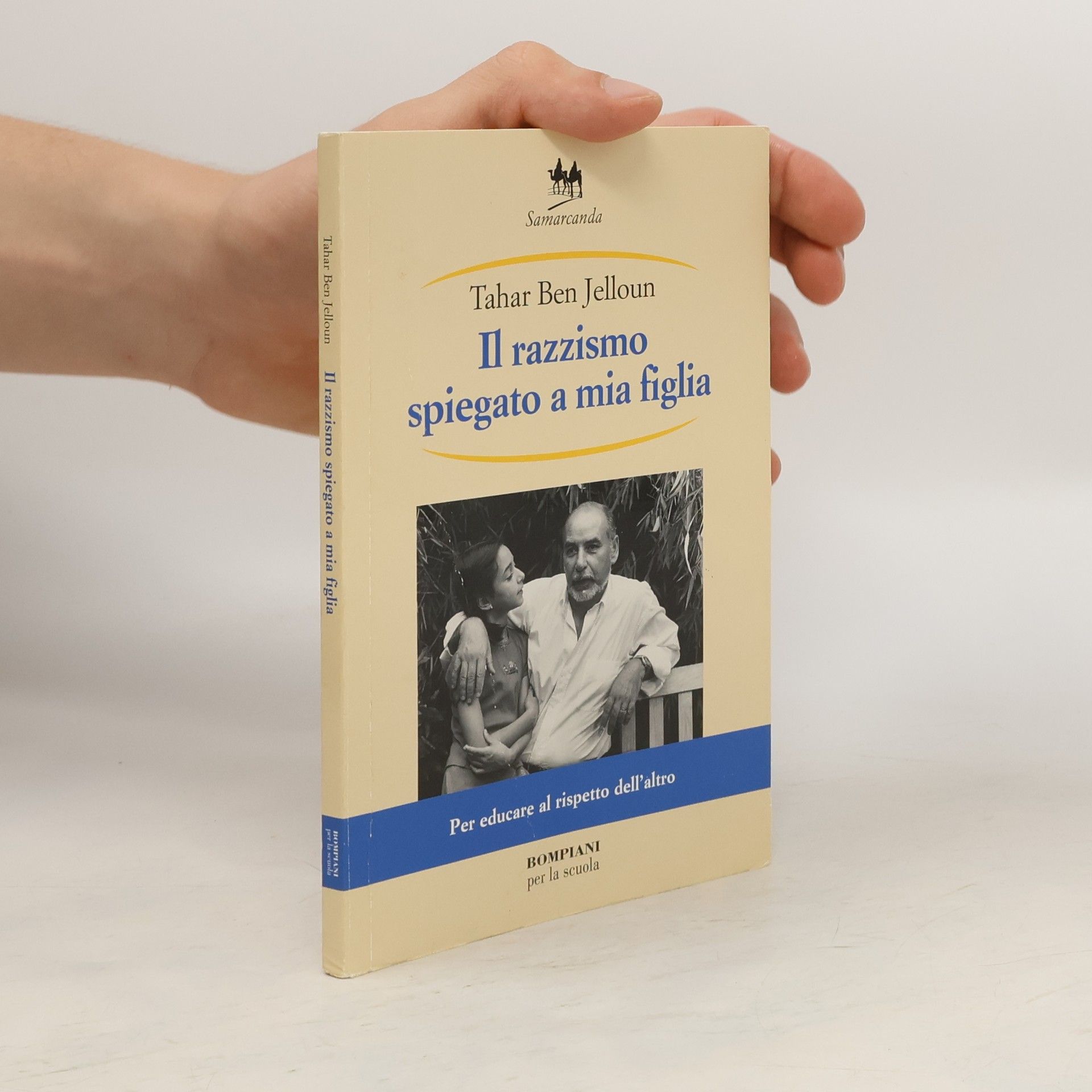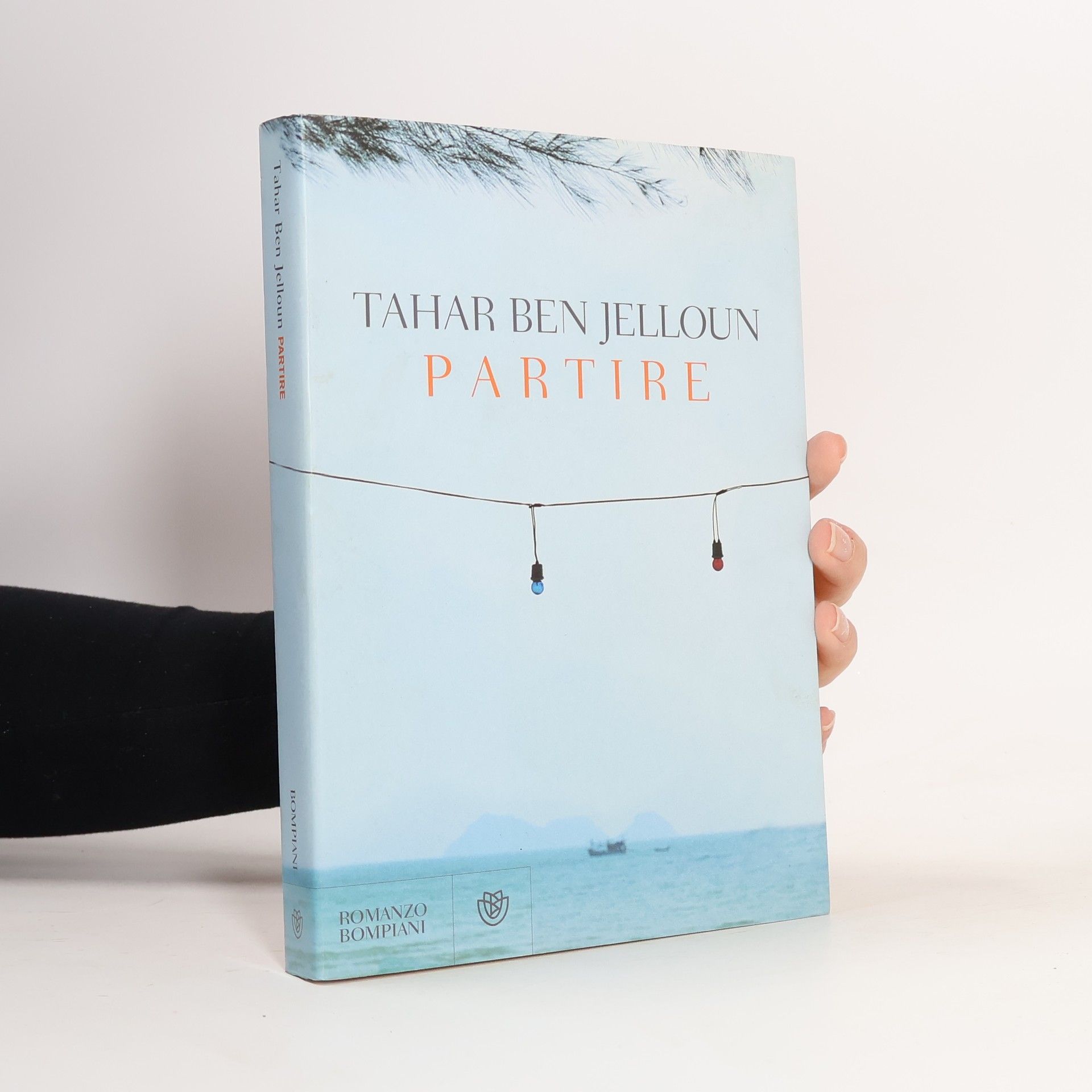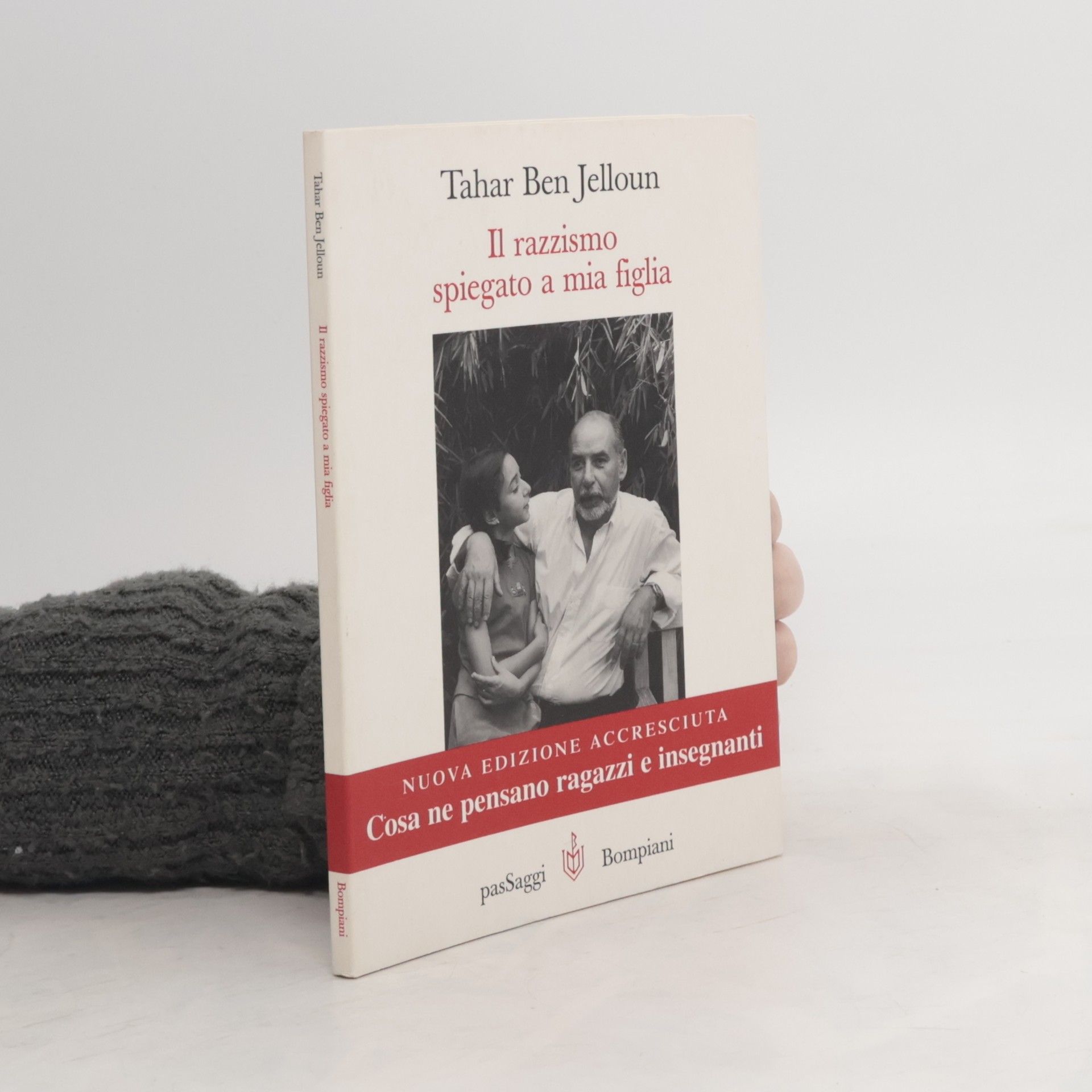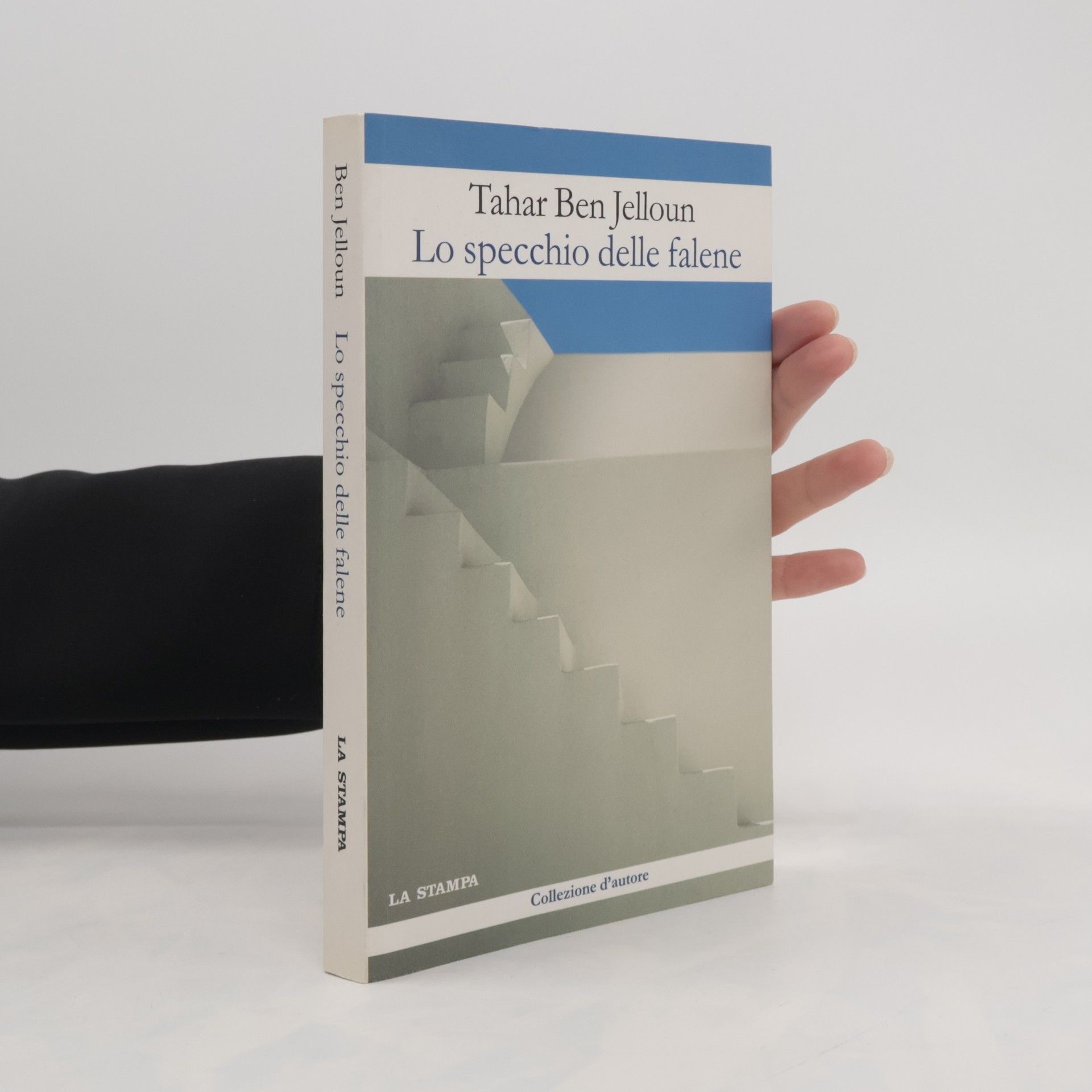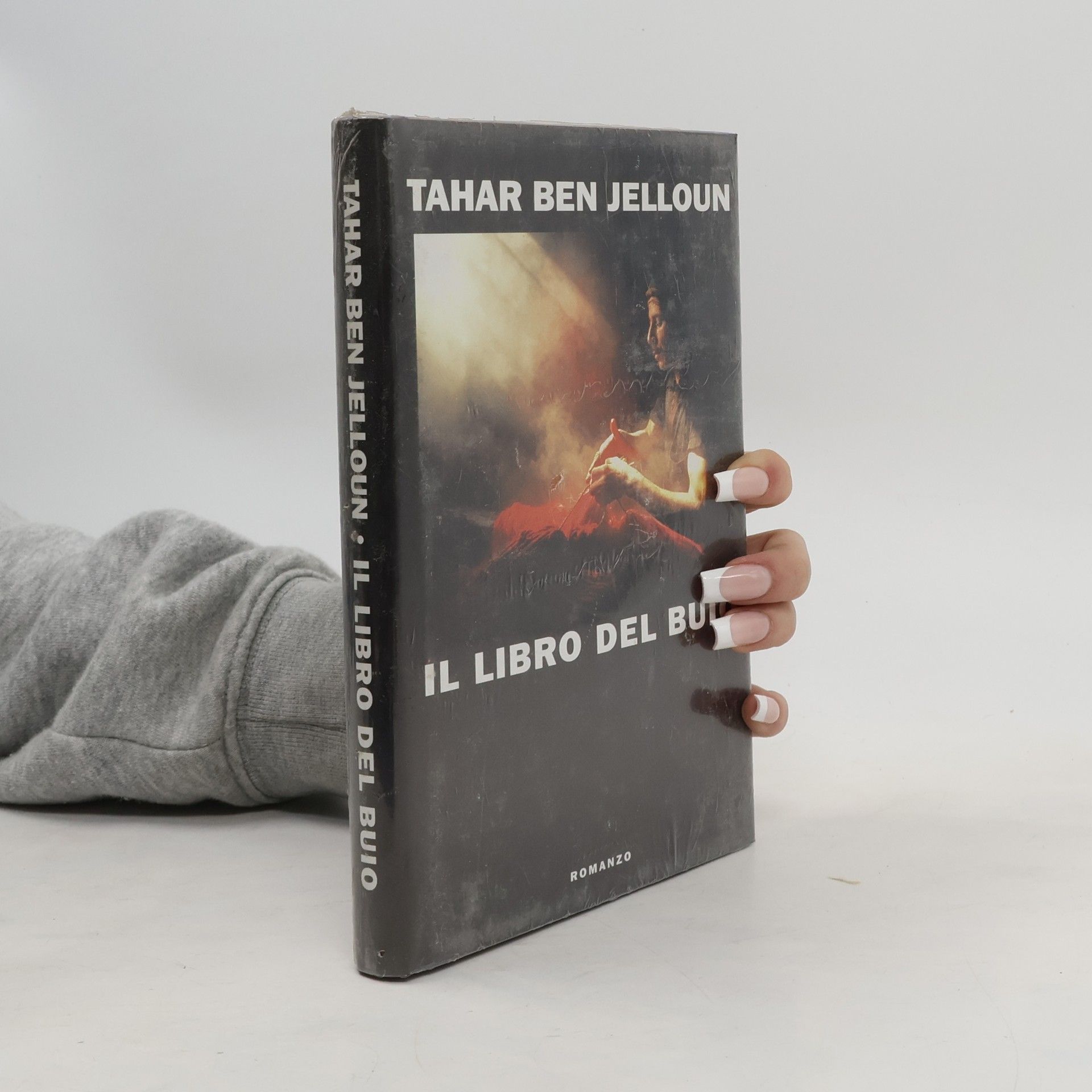Fuoco
- 80pagine
- 3 ore di lettura
Mohamed Bouazizi si dà fuoco il 17 dicembre 2010. Un gesto orgoglioso e disperato che accende la miccia della rivoluzione dei gelsomini in Tunisia e diventa il simbolo della primavera araba. Tahar Ben Jelloun, in un racconto intenso e poetico, ricostruisce i giorni che hanno preceduto questo sacrificio. La storia di un ragazzo moderato, con meno di trent’anni e una laurea, innamorato di una coetanea che sogna di sposare appena avrà i soldi per il matrimonio. L’improvvisa perdita del padre lo costringe invece a pensare alla famiglia e a farsi per necessità venditore ambulante di frutta. La vita di strada si rivela crudele con lui, che non può permettersi di corrompere la polizia perché tolleri il suo carretto abusivo, e la lotta in nome della madre e dei fratelli più piccoli si scontra con una realtà troppo ostile. Stremato e disperato, senza più fiducia nel futuro, decide di darsi fuoco per attirare l’attenzione del mondo e cambiare le regole del gioco. Un omaggio alle rivoluzioni arabe e ai milioni di uomini e donne senza nome scesi in piazza rivendicando libertà e dignità nei loro paesi.

